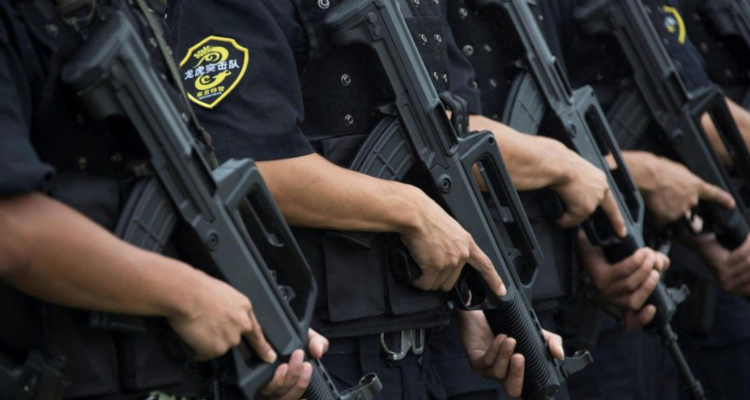Law enforcement officials in China have reportedly busted an international gambling ring that had allegedly allowed local punters to illegally place online proxy bets using a website based in the Philippines.
Lucrative business:
According to a Monday story from GGRAsia citing an earlier report from the Xinhua News Agency, the illicit operation is thought to have handled wagers worth approximately $1.1 billion and brought in profits of almost $95 million.
Inquiry followed tip-off:
The government-run news service detailed that police arrested 56 people suspected of being behind the illicit Philippines-based operation, which had allegedly earned more than 114,000 users since an official investigation was launched following a tip-off received in January of 2016.
GGRAsia reported that Chinese police claim to have later infiltrated the illegal gambling operation after identifying four suspects via the information listed on their bank cards. They subsequently arrested two web technicians in Shanghai last year before gaining access to the iGaming enterprise’s back-end data.
Suspects to face prosecution:
Of those arrested, 50 were detained in Shanghai or in the nearby coastal provinces of Zhejiang, Fujian and Guangdong while a further six were taken into custody elsewhere in the giant nation after returning home from the Philippines and surrendering to local law enforcement officials. The suspects will now be handed over for prosecution.
Crackdown comes amid warming ties:
The news service further detailed that most gambling is illegal in China with the exception of in the ‘special administrative region’ of Macau, which borders Guangdong. This state of affairs has led to the proliferation of websites that unlawfully allow local punters to place wagers remotely at one of the many casinos located in the Philippines.
However, warming ties between the two nations saw China and the Philippines join forces last year in order to launch a crackdown on such operations. Their first joint exercise in April of 2017 resulted in the arrest of some 99 people along with the freezing of over 1,000 associated bank accounts.



